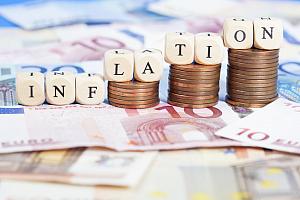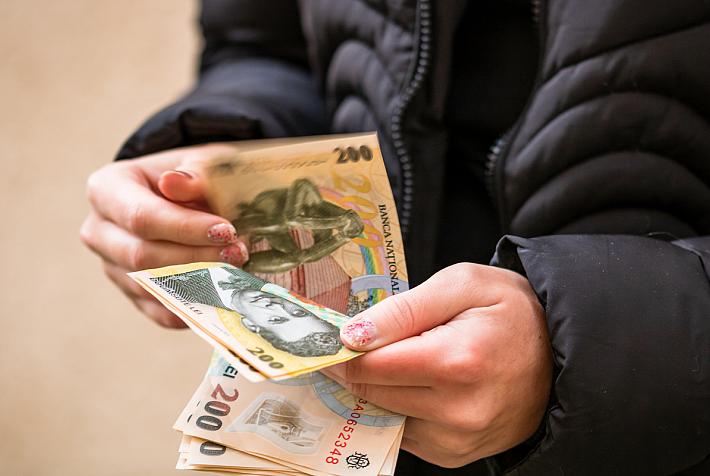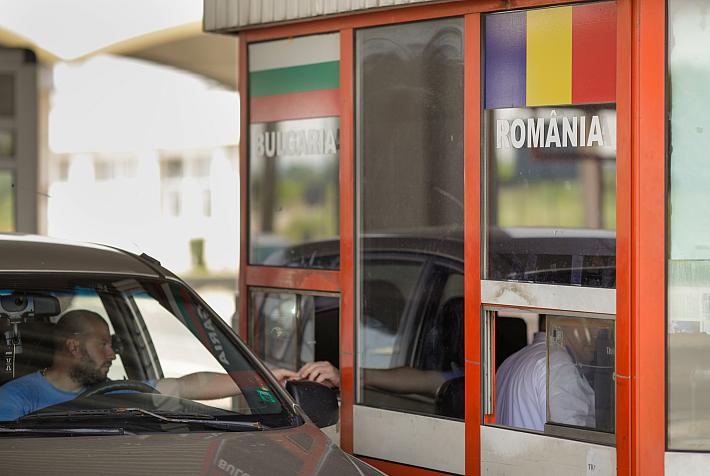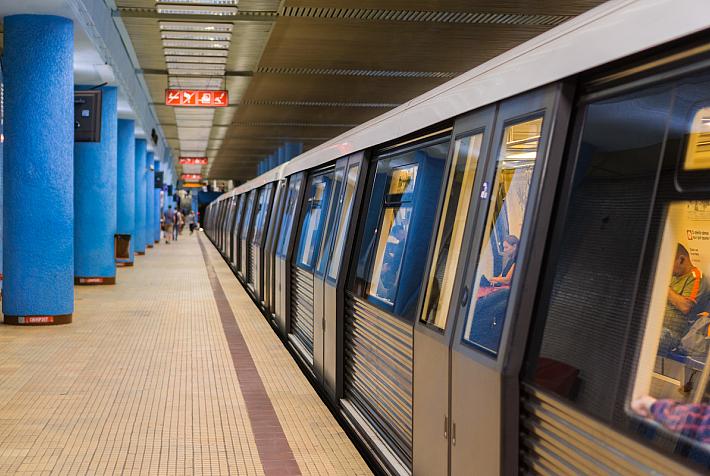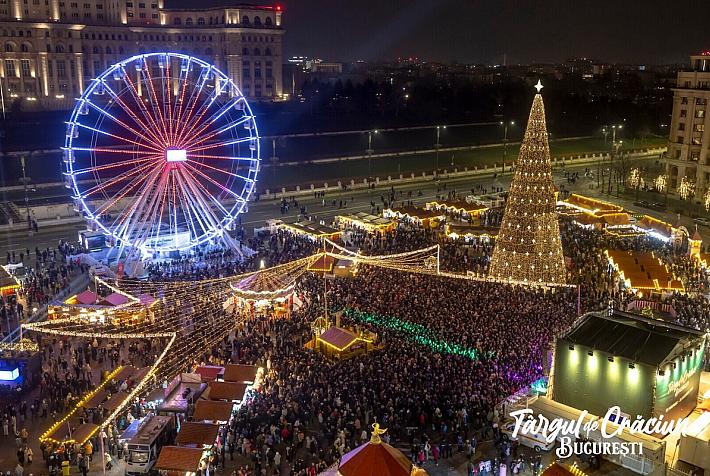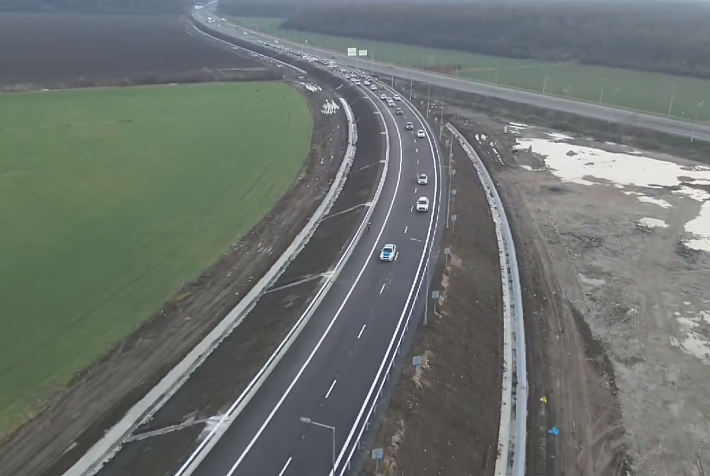Romania's central bank revises inflation forecast upwards, will "work to maintain growth"
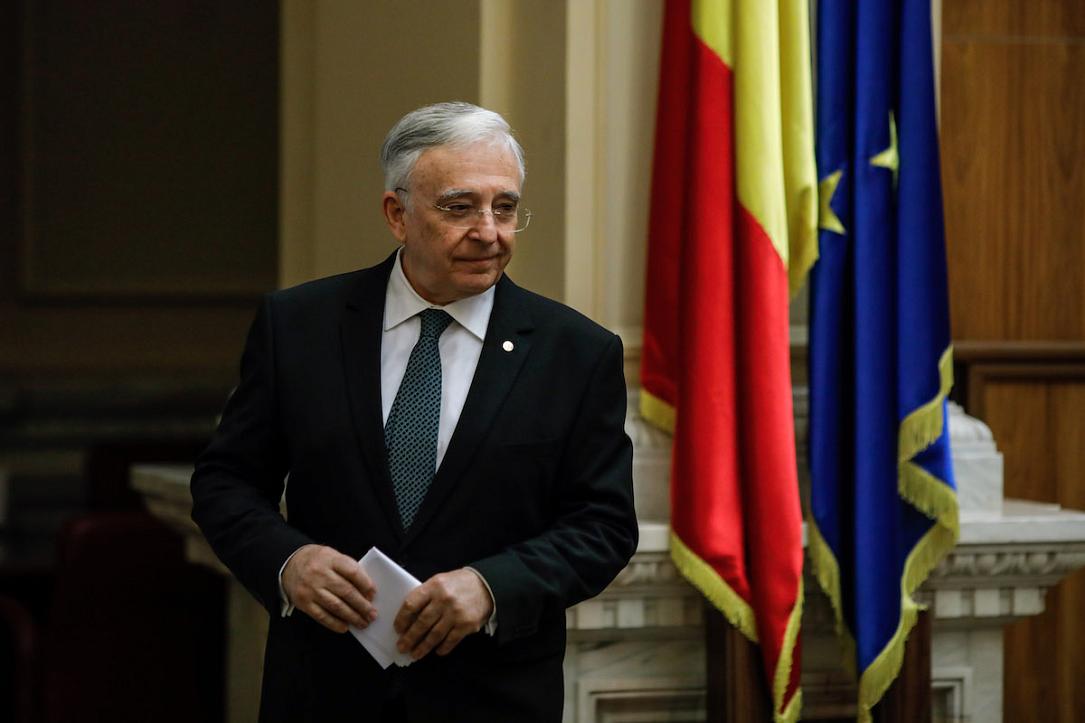
Romania's central bank (BNR) revised upwards its forecast for inflation by 2.4pp to 16.3% at the end of this year and by 3.7pp to 11.2% at the end of 2024, under the latest quarterly Inflation Report. The inflation is expected to reach 4.2% at the end of the two-year forecast period.
But the forecast, inked by BNR last week, is already obsolete in part since the Government changed the energy regulation scheme, it implied: the projection envisages the continuation of the "price and cap" system until August 2023, while the Executive published an Ordinance with the view of regulating the prices under a new mechanism until 2025.
Assuming the continuation of the "price and cap" mechanism, BNR says the inflation would drop to 7.2% of GDP at the end of 2023 and reach the upper bound of the inflation targeting band (2.5% +/-1pp) at the end of the forecast period in September 2025.
Given the high uncertainty, the central bank has not made a decision as regards further steps in its monetary policy, BNR governor Mugur Isarescu said.
"You will not find in our report the idea that we are putting an end to the monetary tightening cycle," the governor stated, according to Economedia.ro. However, he indirectly hinted the monetary policy would remain dovish since helping the Government conduct fiscal consolidation would help it achieve price stability.
The macroeconomic scenario assumed by BNR envisages a negative demand gap (demand below supply) starting from the second half of 2023, which would have a positive impact on inflation but would complicate the Government's efforts towards fiscal consolidation - generating sort of "second round effects" on inflation.
"It is possible that this demand deficit, if not compensated by higher investments from European funds, will slow down the economic growth much more strongly," the BNR governor warned.
"We don't want this. We will work with the Government, [...] we aim to maintain a level of economic growth in Romania because a recession is not good, at least for the fiscal correction. [...] the fiscal consolidation would become more difficult. It's already difficult. Any idea of raising taxes faces mainly political difficulties," he added.
iulian@romania-insider.com
(Photo source: Inquam Photos/George Calin)







